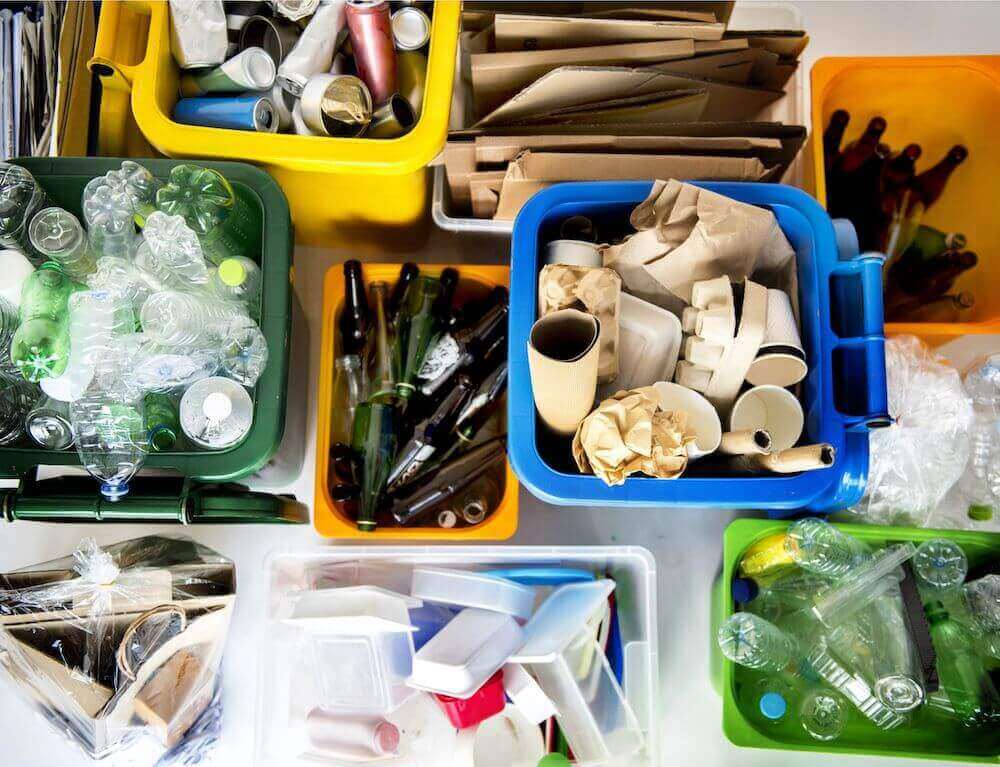
To have the best environmental impact, recycled materials must be properly sorted.
3 Minute Read:
Recycling is not a new concept; in fact, it has become a huge part of how many people try to make a positive impact on the environment. However, since there are quite a few products on the market, it can be difficult to tell what is recyclable and what is not.
Understanding what can be recycled can help conserve time and effort for both you and recycling companies.
How Does Recycling Work?
Recycling uses a variety of methods to convert waste materials into new base materials or products. The primary purpose of recycling is to cut down on the production of waste and carbon monoxide emissions from mass production.
Depending on the type of material the product is made of, there are various ways of breaking down the product, extracting what is useful, and sorting away what is left.
Recycling cannot eliminate waste, but it can help us to salvage what is useful and reduce the need to create more products.
To get a hold of reusable materials, recycling companies rely on consumers and companies to properly sort their materials so that they can get to the right place.
What Can I Recycle?
According to the Environmental Protection Agency (EPA), many materials can be recycled, including:
- Glass
- Paper
- Plastics
- Batteries
- Metals
The EPA also cites a few materials that may not be safe to simply throw in the bin, but are recyclable nonetheless. For example, recycling motor oil can save a great deal of energy and can help keep our water supply safe. You can also recycle things like light bulbs, electronics, and hazardous wastes, such as paint. Materials such as these require special care to be properly recycled or disposed of. Still, the extra effort it takes to make sure they get to the right facility can have a huge impact.
What Is Not Recyclable?
The tricky thing about recycling is that sorting can be a little more complicated than we think. There are many different kinds of plastic, and some plastics are easier to break down than others, or cannot be broken down at all.
A few things that the EPA advises to never put in your recycling bin are:
- Garden hoses
- Hazardous chemical materials
- Diapers
- Food Waste
- Textiles
- Ceramics
Some of the items listed above are made of recyclable materials; however, they are not easy to break down or have been contaminated by other things. For example, some textiles can be reused, but textiles tend to clog or tangle in the recycling machinery and are better taken to clothing donation centers.
Recycling is praised for being one of the simplest lifestyle changes that you can make to start having a better impact on the environment. We can all do better to make the most of this eco-friendly practice by making sure that we get our materials where they need to go. It is the little things we do every day that can have the most significant impact.
Want to Learn More?
If you would like to learn more about recycling and how to dispose of waste properly, please feel free to contact Cal Micro Recycling at 909-467-4800 or fill out this contact form.
